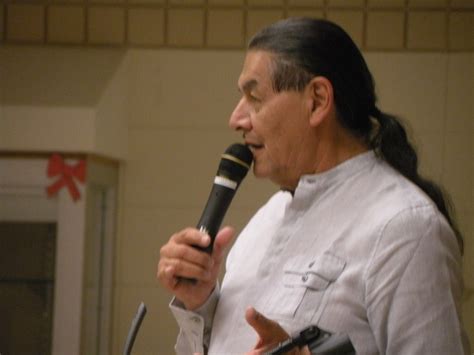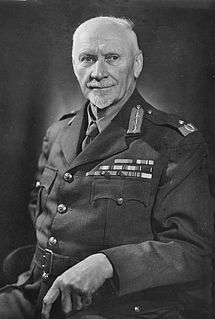A Quote by Simone de Beauvoir
The curse which lies upon marriage is that too often the individuals are joined in their weakness rather than in their strength - each asking from the other instead of finding pleasure in giving.
Related Quotes
The curse which lies upon marriage is that too often the individuals are joined in their weakness rather than in their strength -each asking from the other instead of finding pleasure in giving. It is even more deceptive to dream of gaining through the child a plenitude, a warmth, a value, which one is unable to create for oneself; the child brings joy only to the woman who is capable of disinterestedly desiring the happiness of another, to one who without being wrapped up in self seeks to transcend her own existence.
There are three sorts of pleasures which are advantageous, and three which are injurious. Finding pleasure in the discriminating study of ceremonies and music, finding pleasure in discussing the good points in the conduct of others, and finding pleasure in having many wise friends, these are advantageous. But finding pleasure in profligate enjoyments, finding pleasure in idle gadding about, and finding pleasure in feasting, these are injurious.
As the strongest faith may be shaken, so the weakest, where truth is, is so far rooted that it will prevail. Weakness with watchfulness will stand, when strength with too much confidence fails. Weakness, with acknowledgement of it, is the fittest seat and subject for God to perfect His strength in; for consciousness of our infirmities drives us out of ourselves to Him in whom our strength lies.
A happy marriage perhaps represents the ideal of human relationship -- a setting in which each partner, while acknowledging the need of the other, feels free to be what he or she by nature is: a relationship in which instinct as well as intellect can find expression; in which giving and taking are equal; in which each accepts the other, and I confronts Thou.
To solve a marriage problem, you have to talk with each other about it, choosing wisely the time and place. But when accusations and lengthy speeches of defense fill the dialogue, the partners are not talking to each other but past each other. Take care to listen more than you speak. If you still can't agree on a solution, consider asking a third party, without a vested interest, to mediate.
Weakness and strength are necessary for balance. No one or nothing is only weak or only strong. But some of us overlook our weaknesses, and even deny that we have them. That can be dangerous, because denying there is a weakness is in itself a weakness. Likewise, accepting that we have weaknesses becomes a strength. And by the same token, overestimating strength is a weakness. You should not be blinded by your strengths. The feeling of strength is not the same as having strength. Neither should you ignore your weaknesses. Know them well, too.
People can't help the way they feel, only what they do about it. They can no longer not be attracted to someone other than their spouse than they can say they are not hungry or not thirsty or not frightened or embarrassed. It's when you act on that attraction when you know it would be bad for your marriage that is the problem. In a good marriage, the couple are each as committed to the marriage as they are to each other.
Living as a couple never means that each gets half. You must take turns at giving more than getting. It’s not the same as a bow to the other whether to dine out rather than in, or which one gets massaged that evening with oil of calendula; there are seasons in the life of a couple that function, I think, a little like a night watch. One stands guard, often for a long time, providing the serenity in which the other can work at something. Usually that something is sinewy and full of spines. One goes inside the dark place while the other one stays outside, holding up the moon.





































